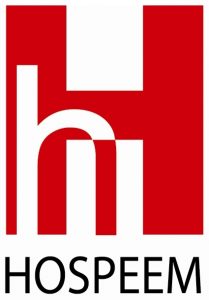
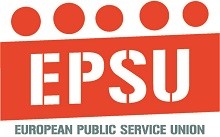
HOSPEEM and EPSU have been provided with financial support from the European Commission for a joint project in the field of sectoral social dialogue capacity building: “Strengthening social dialogue in the hospital sector in the East, South and Central Europe” in the years 2019 and 2021.
Objectives
The project will provide an appropriate framework to continue addressing capacity building needs of social partners. The work will serve to help build the capacity of the hospital sector social partners in 14 targeted countries (Bulgaria, Hungary, Poland and Romania, Cyprus, Greece, Italy, Malta, Portugal and Spain, Croatia, Czech Republic, Slovakia and Slovenia) by exchanging on and collecting the relevant topics and priorities in view of the EU-level sectoral social dialogue.
It will also be instrumental to discuss and evaluate the core priorities and outcomes of the sectoral dialogue between EPSU and HOSPEEM for the targeted regions, and to assist in feeding into the sectoral social dialogue committee for the hospital/healthcare sector (SSDC HS) the social dialogue interests and important topics in a “bottom-up” process to support the aim of building capacity.
 Download project description (2019-2021)
Download project description (2019-2021)
Implementation of the action
The project will run over 35 months. This will allow the delivery of a full project cycle including preparatory activities, the implementation of the work plan and the dissemination of results.
The project foresees the organisation of three Regional Workshops, the first in June 2019 in Bucharest (Romania), the second in November 2019 in Rome (Italy) and the third one in April 2021 online (originally planned in Zagreb, Croatia). The preparation and organisation of the first event was supported by Sanitas (EPSU affiliate, Romania), the second by ARAN (HOSPEEM member, Italy) and the third one by HSSMS-MT (EPSU affiliate, Croatia). Furthermore, a dissemination workshop webinar will take place in June 2021 targeted to a wider audience in Brussels (Belgium).
Orientation and guidance will be provided by an Advisory Committee composed by representatives from the affiliated associations Sanitas, ARAN and HSSMS-MT. The Advisory Committee will have the task – together with a team of expert (CELSI) – to help the Secretariats to prepare, support, monitor and evaluate project-related activities.
 Download final project summary (2019-2021)
Download final project summary (2019-2021)
Timeline
Results
The project produced a report from each Regional Workshop to be drafted by the expert and to be agreed upon by the Advisory Committee and the HOSPEEM and EPSU Secretariats:
Regional workshop report – Eastern Europe
Regional Workshop report – Southern Europe
Regional Workshop report – Central Europe
Another deliverable is a final report summarising the main insights, conclusions and recommendations from the three Regional Workshops and the final dissemination workshop:
EN – BG – CZ – EL – ES – HR – HU – IT – PL – PT – RO – SI – SK
14 fact sheets of the targeted countries collecting national social partners’ priorities and challenges trough survey and desk research:
EN – BG – CY – CZ – EL – ES – HR – HU – IT – PL – PT – RO – SI – SK
The information gathered the outcomes of the workshops’ debates, the contents of the reports on the Regional Workshops will be fed back into the regular meetings of the Sectoral Social Dialogue Committee for the Hospital Sector (SSDC HS) to be further discussed and assessed, in particular in view of their use to influence EU-level policymaking.
Implementation
The kick-off meeting took place in Brussels (organised by HOSPEEM). The morning session of the meeting was attended by external stakeholder such as Permanent Representations to the EU and European Commission, whereby the afternoon session was reserved for the members of the Advisory Committee.
The first workshop took place in Bucharest (co-organised by Sanitas, supported by EPSU).
The second workshop took place in Rome (co-organised by ARAN, supported by HOSPEEM.
This third workshop originally planned in Zagreb took place online on 20 April 2021 (co-organised by HSSMS-MT, supported by EPSU. ***Due to the exceptional circumstances, this workshop had originally been planned on 15th May 2020 in Zagreb. ***
The last workshop took place online on 16 June 2021 (organised by HOSPEEM).
Documentation
 Project partner description
Project partner description
 Poster
Poster
 Call for tender
Call for tender
 Press release
Press release
 European Sectoral Social Dialogue activities overview (2006-2019)
European Sectoral Social Dialogue activities overview (2006-2019)
 Download project description (2019-2021)
Download project description (2019-2021)
 Download final project summary (2019-2021)
Download final project summary (2019-2021)
EPSU also has set up a page with the project-related information.
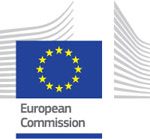
This project has received financial support from the European Union




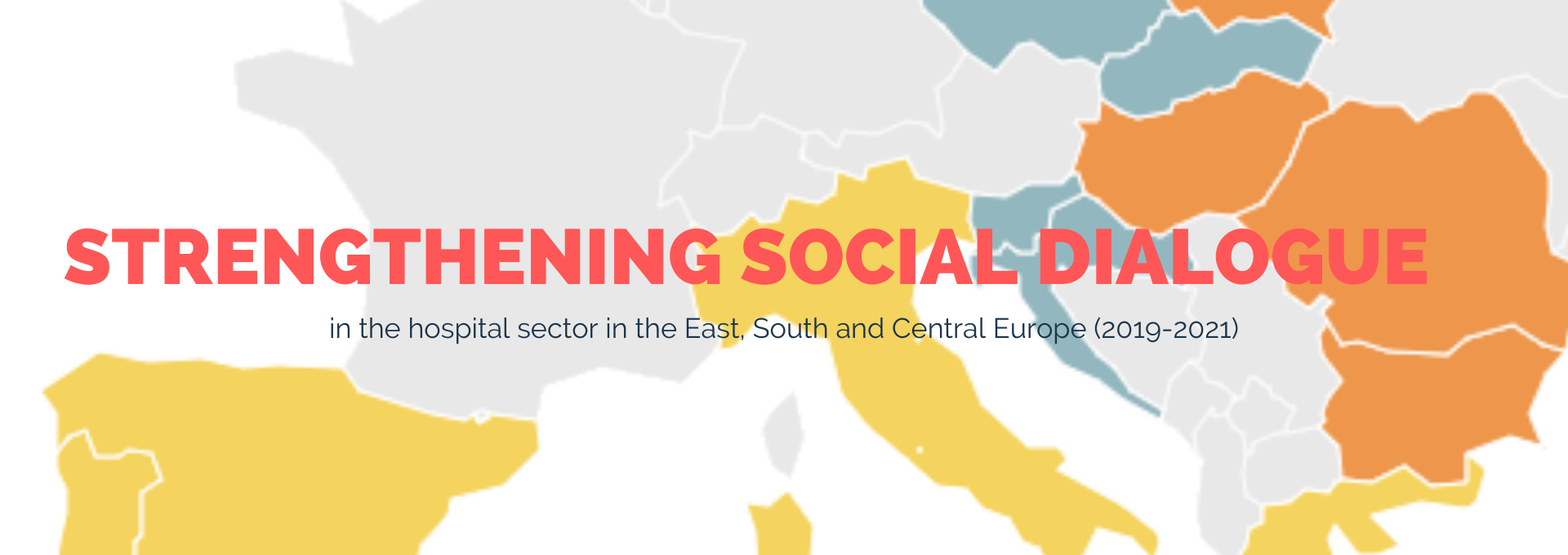
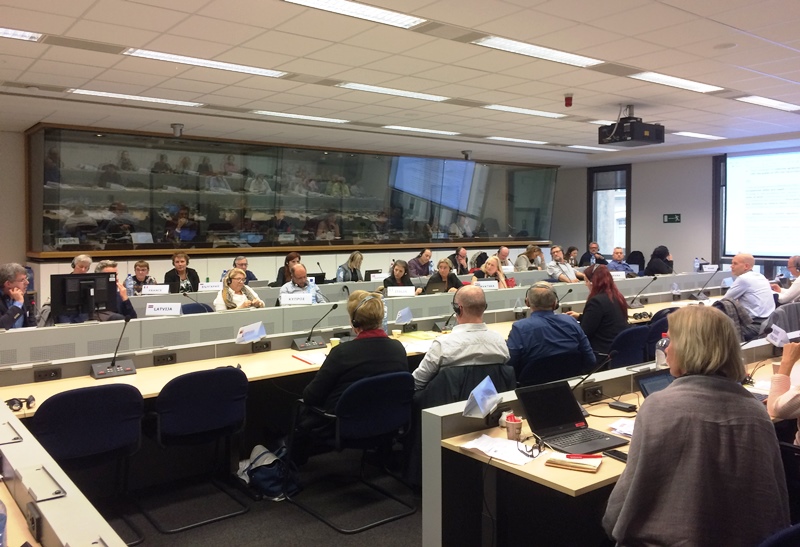
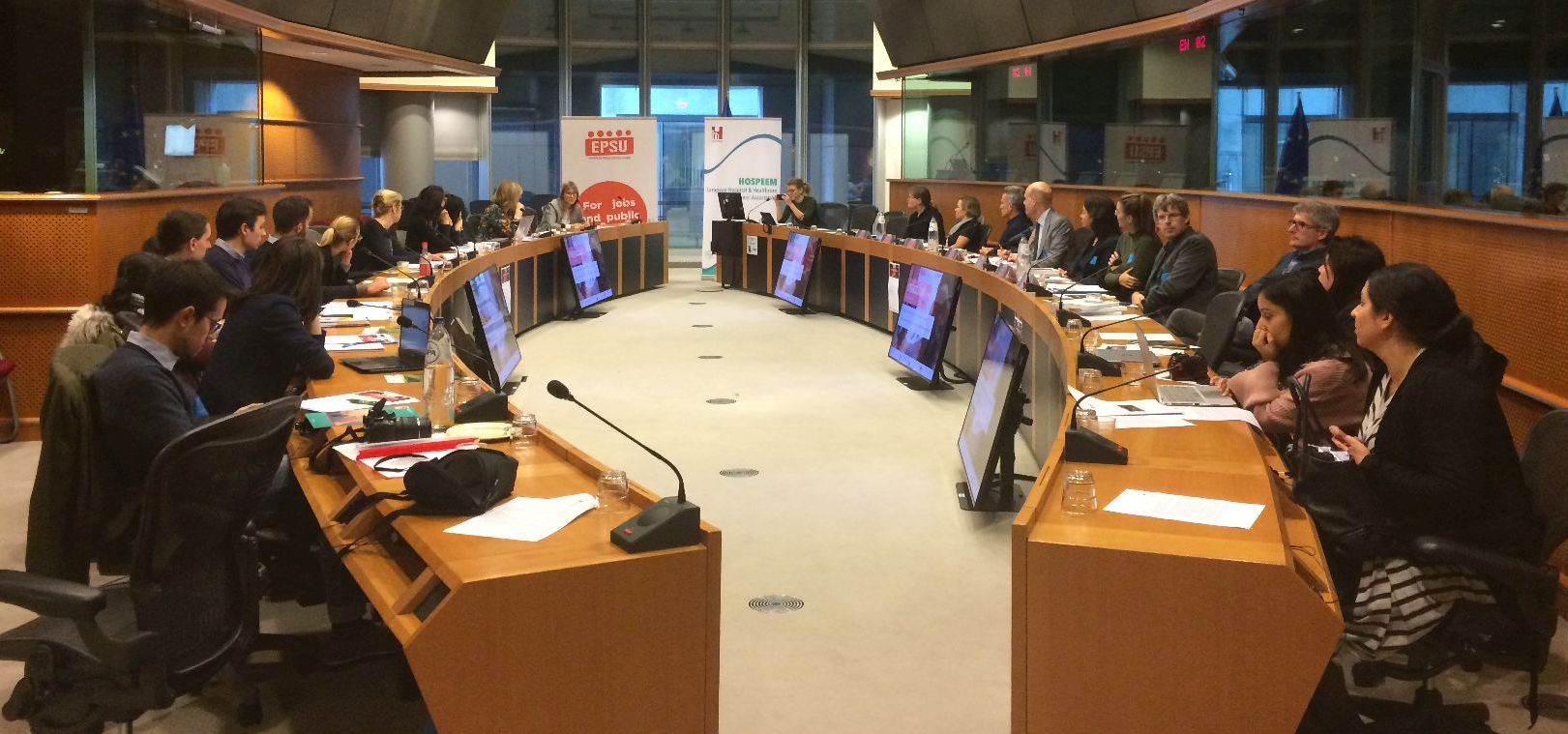
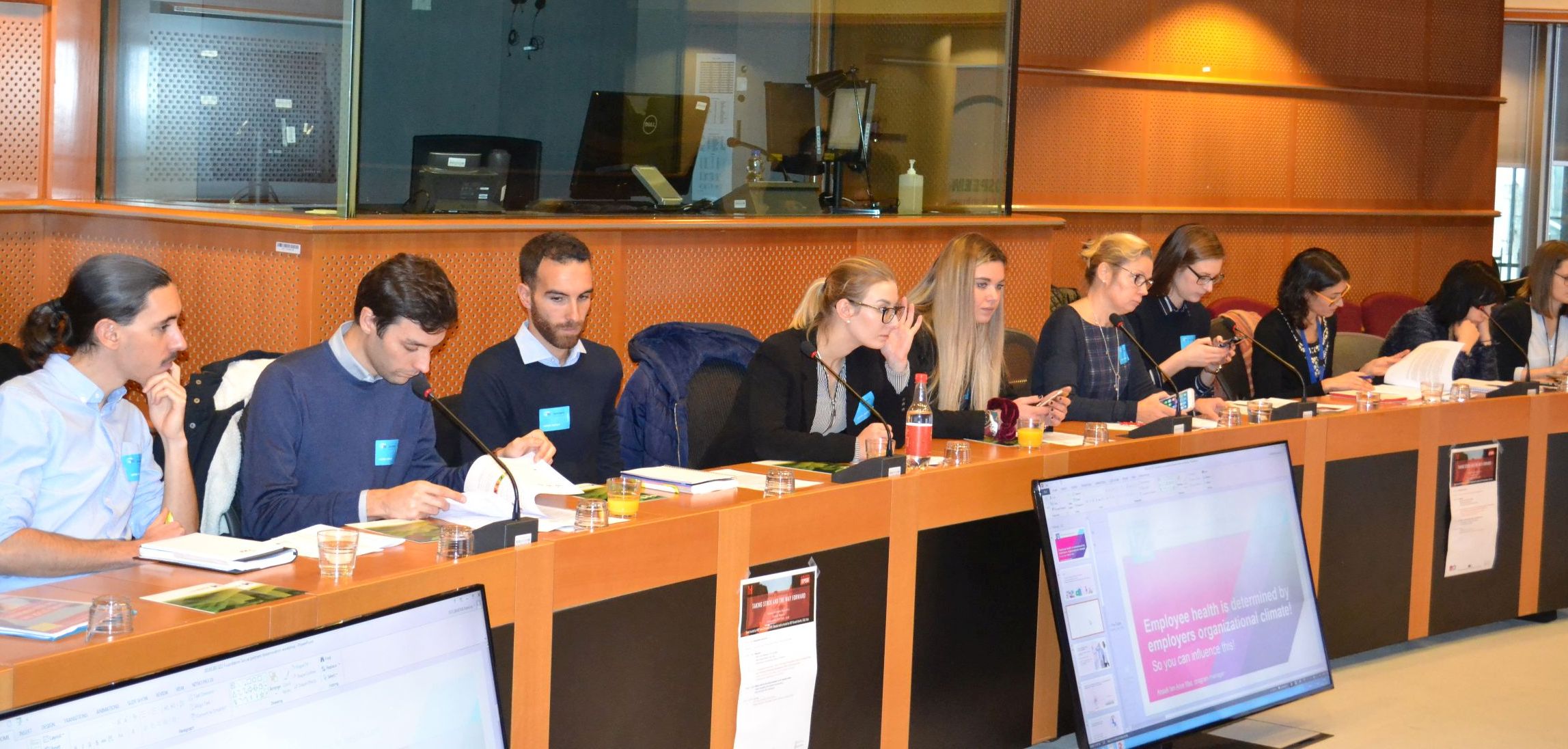
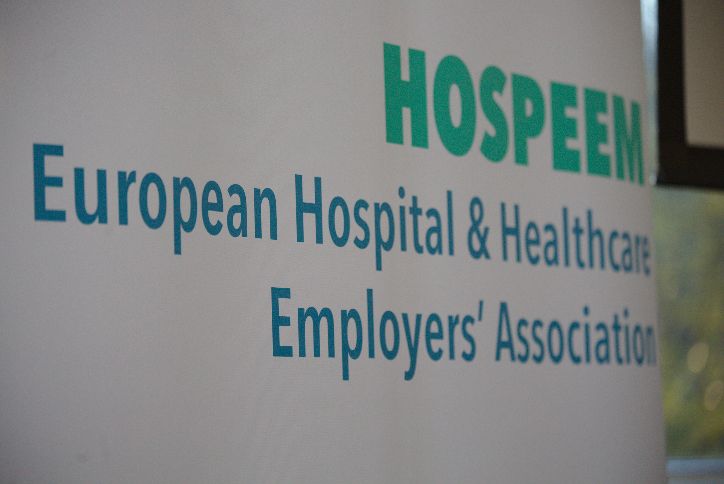
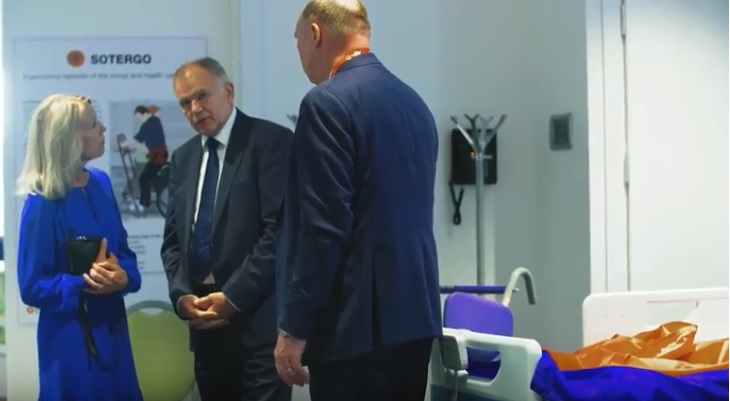
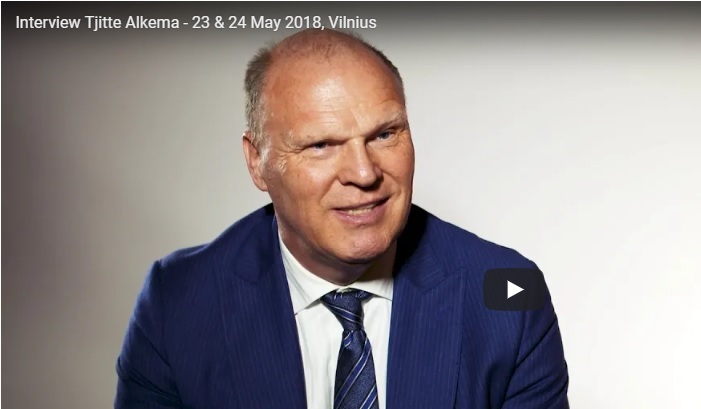
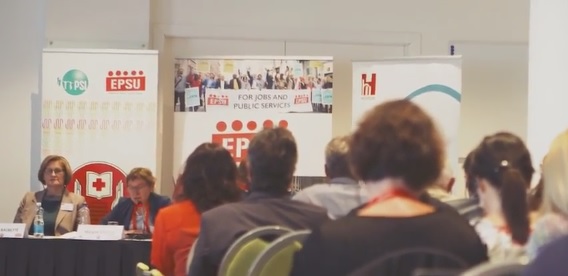
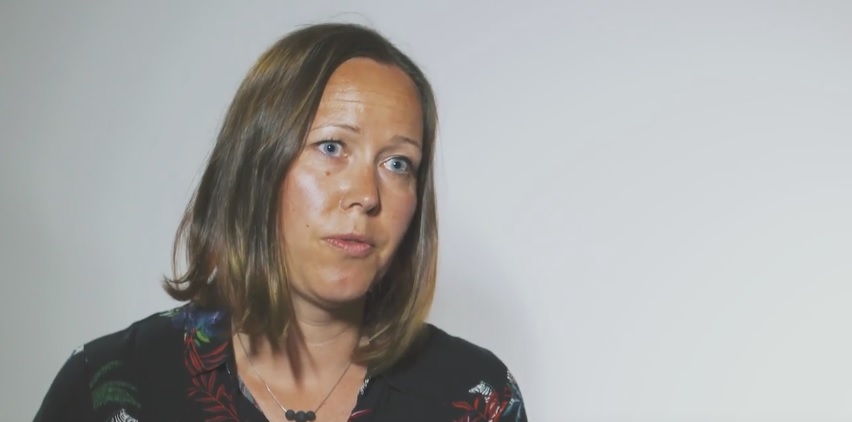
Recent Comments